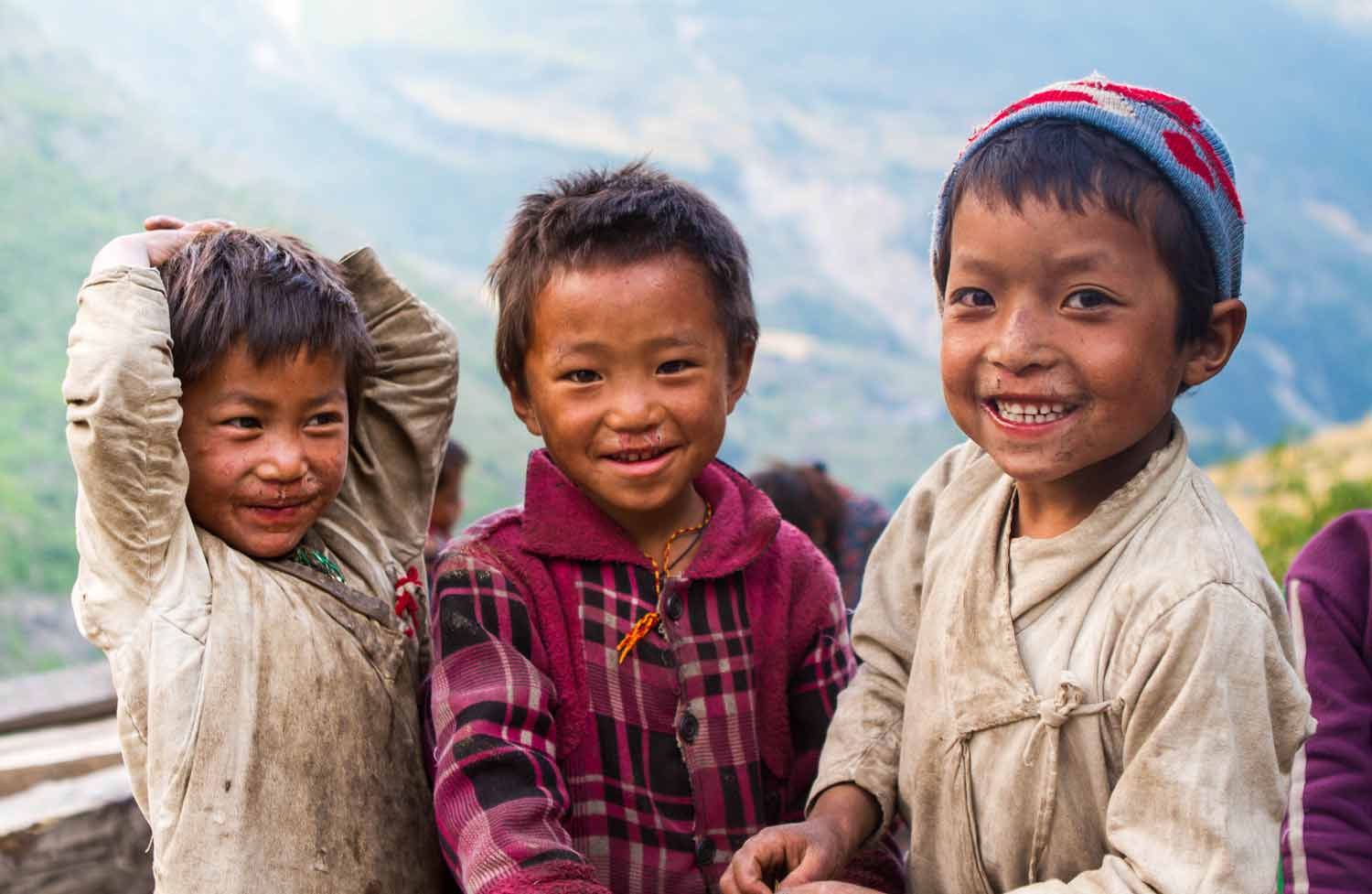Observing the events that surround us, such as war, violence, terrorism that leads to extreme suffering of all beings, I have been thinking over the words of the greatest Dilgo Khyentse Rinpoche, who inspires me every second of my life. As he said:
Just as space is infinitely vast, so is the number of sentient beings. Yet we tend to think that the only relationships that we have with other beings are a tiny number comparatively to which we have at the present. Wherever we live, we like a few people, dislike a few others, and ignore all the rest. Based on this prejudiced and very limited perception of others, we keep giving rise to attachment and aggression. Thus we accumulate karma, the driving force of samsara.
∼ Dilgo Khyentse Rinpoche from the book “The Hundred Verses of Advice: Tibetan Buddhist Teachings on What Matters Most”
What is reflected here, are not just words, but one of the greatest teachings ever, that we tend to ignore and to forget in our daily life. So, what we are really trying to reach here is compassion.
Compassion is one of the core values and ideals of the Buddhist practice. However, as seeing it as an ideal, it becomes easy to overlook the difficult circumstances in which it arises. Compassion does not appear as something abstract. It arises when we are in a direct contact with real suffering, being enough to move and touch us, through our own suffering or the suffering of others. We can handle the pain with or without resistance. Resisting to the suffering is making way to fear, despair, censorship, nervousness or projection. And if we project our problems and pain in others who are suffering, not only we will be in a weak position to provide help to them, as we can easily fall into that pain or into pity or anxiety.
When we face suffering without resistance, suffering does not make us victims. Instead, it can be motivating in two ways: on one hand, you can ignite the desire, perhaps even passion, for spiritual practice that addresses the roots of suffering within ourselves. This means having the motivation to clarify our attachments and fears as well as our joys and strengths. On the other hand, our contact with suffering can awaken the compassionate desire to relieve that suffering. The Buddhist word for compassion, karuna, means more than just empathy; it includes the desire and motivation to bring an end to suffering. Even when we do not have the ability to help directly, such unrest can offer comfort.
As an ideal, karuna means being present in suffering, without denial, defensiveness or hatred. However, in our current confused lives, we can simply learn to be compassionate towards our own tendencies of refusal, defense and aversion attitude as well as the pain in which we are born. The willingness to sit in meditation in the midst of our life is what starts the process of dissolving the space occupied by tension and fear. With honest presence and compassion, resentment dissolves into forgiveness, hatred into warmth and anger into kindness. However, when we lose track of ourselves with our affairs, ambitions, leaks or fantasies, compassion has no opportunity to occur.
As we tend to accept ourselves and accept our own suffering, we begin to feel more fully the suffering of others. The practice of surveillance and caring helps us and connects us with others as equals. Suffering is a universal human experience- reaching out to our equals with compassion is one of the noblest capacities we have as human beings. To be able to feel compassion for others, we first need to feel compassion for ourselves. We must concern ourselves mostly with people who feel fear, anger, envy, which are dominated by all sorts of addiction, who are arrogant, proud, stingy or selfish, from these, we can choose.
Having compassion and caring for those people doesn’t mean trying to escape from the pain, but finding those characteristics in ourselves. In fact, our whole attitude to pain may change. Rather than hide from it, we can open our hearts and allow ourselves to feel this pain, and feel it as something that calms us, purifies and makes us more loving and kind.
Developing compassion is one of the most difficult aspects of the path. In a first reflection, compassion seems contrary to the instinct of life that, in humans, is sublimated into selfishness. The basic biological principles of life are self-protection and self-reinforcement. It is therefore counterintuitive to give selflessly selfish impulse and replace it with the concern for others. The first obstacle to the development of compassion is therefore, self-attachment. The second obstacle to the development of compassion is the opposite extreme, which is giving up.
The path of wisdom is the path of balancing.
There are also those who believe in having an extreme virtue, so extreme that reaches the point of caricature. In fact, it is often an ego game, a materialistic attitude, or a disguise of a spiritual miser. Chogyam Trungpa Rinpoche called this spiritual materialism, the ego clinging onto the ego transcendence disguise. And those think “How wonderful am I for being so spiritual, giving and compassionate.” Actually, they are novice in the true understanding of compassion.
The dialectics of compassion are revealed in the practice of generosity, another of the six virtues that transcend. Generosity is not merely a matter of donating money or values. Generosity is giving ourselves; giving ourselves affectionately to others. Many acts of courage would never have been made if it hasn’t been for compassion and altruism. People who risk their lives doing assistance work in war zones are usually motivated by compassion and the desire to help others. The reason why someone who jumps into the water to save another who is drowning is to place the well-being of that person before himself.
The practice of bodhichitta offers no happy ending promises. The central issue in the training of a warrior is not how to avoid what is unpredictable and what scares us, but how to deal with this discomfort, how to practice dealing with the difficulties, with our emotions, with unexpected encounters in our daily life.
When our heart truly opens, we can communicate with all beings, with all existence. We can see the nature of samsara. Openness is the key to compassion, so that when we can develop greater openness, the ego and the tendency to grasp onto things will lose its strength.
May compassion always be the strength of our daily practice and so infinite as this vast and wide universe.
Photos provided by the author.
